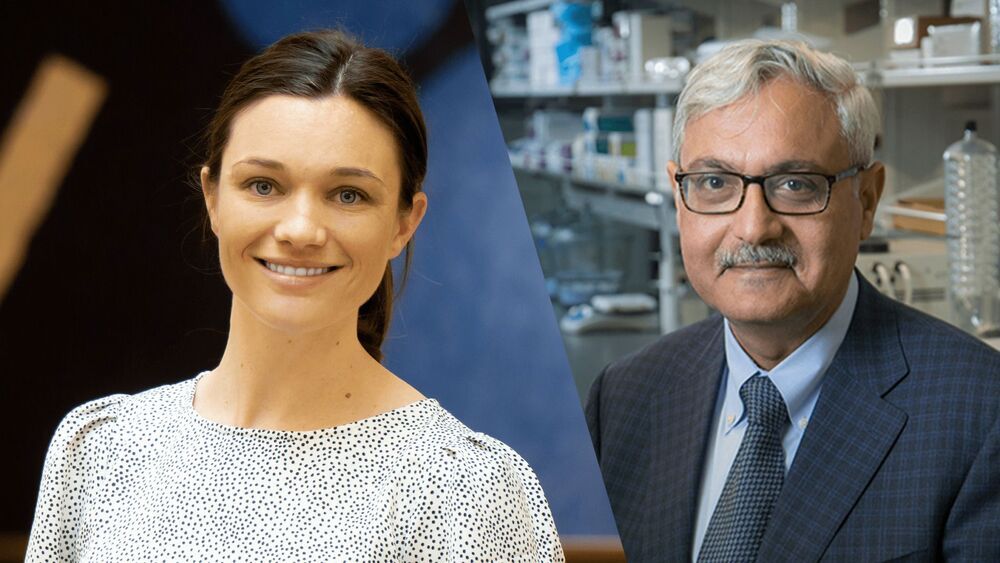Genetic treatments are difficult to produce without facilities.
After Kelli Luginbuhl finished her PhD, her advisor, Duke bioengineer and PhaseBio co-founder Ashutosh Chilkoti, sat her down and asked if she wanted to launch and then run a company. Chilkoti had a once-obscure technology he and the venture capitalist Joe McMahon thought could form the basis of his second company and finally pay huge dividends. Luginbuhl knew the tech from years in his lab and was already looking for biotech jobs. It all added up.
Three years, some strategizing, and 10 or so pitch meetings later, the trio is launching Isolere Bio, with $7 million in seed funding led by Northpond Ventures and technology they believe can allow gene therapy companies to vastly increase the number of doses they can produce. It’s one potential solution to a slow-boiling crisis that has become increasingly acute, as new companies struggle to get the materials they need for trials and some common diseases remain theoretically unfixable by gene therapy, because companies would never be able to make enough doses for that many patients.
The problem is partially that the facilities don’t yet exist to produce this much of gene therapy. Experts, however, also point to antiquated manufacturing processes.
